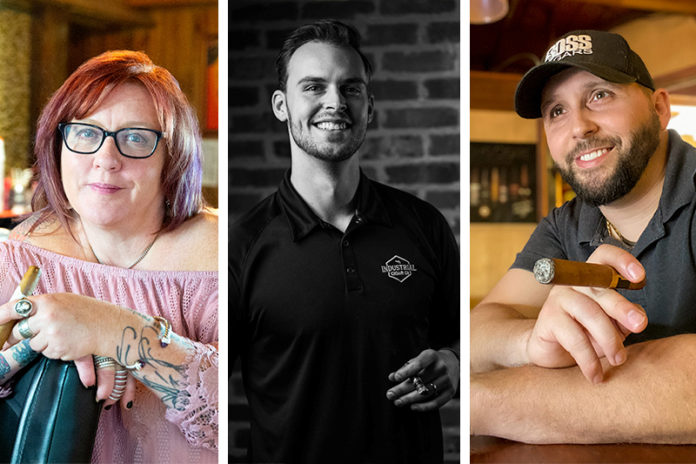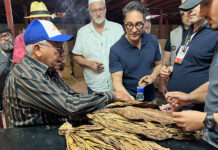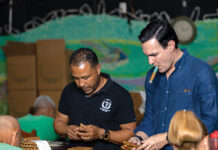What does it take to be a great tobacconist? That’s a question that is often asked in each issue of Tobacco Business and one that was explored at great length in an hour-long virtual panel discussion held in January. As part of the TPE Ignite Online Educational Series, Tobacco Business assembled a panel of brick-and-mortar tobacconists to tackle a number of topics of interest to tobacco retailers today, including employee retention, training, merchandising and the obstacles standing in the way of growth and opportunity.
Panelists included Kathleen Kelly of Queensbury Cigar & Pipe (Queensbury, New York), Brandon Frakes of Industrial Cigar Company (Frisco, Texas), and Cory Talanca of Boss Cigars (Carrollton, Georgia).
The Consumer Investment
One of the fallouts from the COVID-19 pandemic for many retailers has been the ongoing labor shortage. Turn on the news today and you’ll be bombarded with stories of retailers struggling to find help or of what’s being called “the great resignation.” Workers are changing careers, looking for new opportunities and pursuing their own entrepreneurial dreams—and this is leaving tobacconists struggling to properly staff their stores. Each of the retailers on the panel mentioned that they had lost an employee over the past two years, but each offered a solution to this common problem: treat your employees right and they’ll stick with you for the long haul.
Employees are part of a much larger picture in retail—they are the foundation of a store’s community. Successful retailers must create a sense of togetherness or a tribe within their store, one where employees understand the vision of the store’s owners and practice it when engaging with customers.
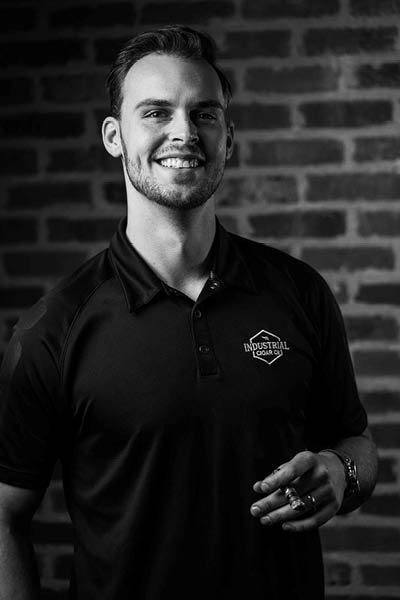
“If you ask anyone in the team what our shared purpose is, it’s very simple: We create community by providing the finest cigar lounge experience to people of all levels. We do that through training,” says Frakes. “From a retention standpoint, we have to treat our employees like they are our customers. We want our customers to keep coming back and we want them to stay excited. Same thing with our employees.”
Retailers can look at other businesses for inspiration when it comes to training. A trip to Disney and interaction with a park employee inspired Frakes and his family to put their store’s employees through the Disney Institute, a professional development and leadership training program designed to improve a business’s customer experience. Providing employees with the proper training and making sure each one is aware of and aligns with the vision of the business is key to retention.
Acknowledging employees and their hard work is another easy way to keep good employees from leaving, Kelly explains. “You want to treat them well. People like to get praised. It’s not always all about the money,” she says. “We all have credit cards where we get reward points that you can trade in for gift cards and stuff. I do that, and when my guys do a good job, I throw them a $50 gift card for somewhere. They appreciate that. So it’s little perks like that where it doesn’t cost you a lot to take care of your employees and show them that you appreciate them.”
Remember, a happy employee is a retailer’s most valuable asset. “Having a good employee is [having] somebody that’s going to project themselves on the consumers,” Talanca explains. “You’re not just selling a product; you’re selling yourself.”
Finding capable, passionate, dedicated employees is just half the battle. Once your store has a staff, how do you go about building a strong customer base? It again goes back to training and making sure you build an experience for customers the moment they enter into your store.
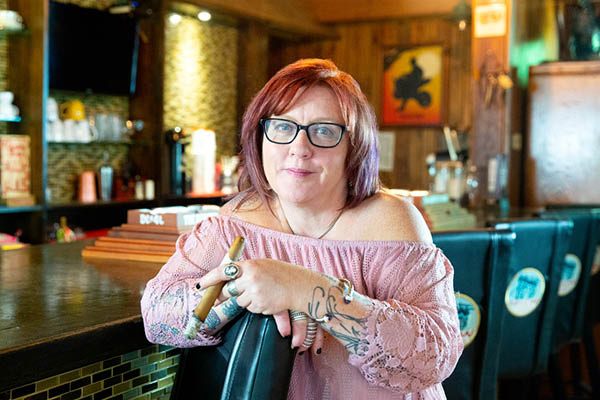
“I’ve always taught my guys to always say hello to everyone that comes in,” says Kelly. “It sounds like a no-brainer, like everyone would do that. But how many times have you walked into a store and there’s zero greeting? When you walk in, you want to feel welcome, especially at a cigar shop. That’s the most important thing: to greet your customers, say hello, smile. Again, it sounds like a no-brainer, but for a lot of places you go to that doesn’t happen.”
The power of the first impression is another valuable lesson Frakes feels more tobacconists need to understand and practice in their stores. From Jeff Haugen, a fellow tobacconist at Tobacco Grove and owner of Crux Cigars, Frakes learned that first impressions are eternal. Greeting customers with a handshake or a smile is the first opportunity to build a relationship with new and returning customers. Once that customer goes into the humidor of your store, a retailer needs to continue that interaction.
“We have to identify what their expectations are so that we can exceed them,” Frakes explains. “What do they want? Are they open to suggestions? What is the correct cigar for them? What is the experience they’re trying to find?”
Anticipating the needs of the customer takes work and time but gives retailers the ultimate advantage. Talanca describes this entire process as investing in your consumers. Training your employees to greet every customer in the same way when they enter the store, teaching them how to engage with customers in different parts of the store and encouraging them to learn how to pick up on body language cues to anticipate the spoken and unspoken needs and desires of each customer is how retailers can build their own tribes and communities. Put some time into creating a customer experience and whatever money or time goes into it will pay dividends in the long run.
Keep it Lit
When it comes to products, retailers need to be selective in terms of what they stock. You only have so much space, so how do you choose what products make it onto your store’s shelves? The tobacconists on the panel had different approaches to this problem. For Frakes, his store has a process it puts every product through before deciding whether or not to carry it. This process builds on the community his family has built within Industrial Cigar Company and involves both employees and customers.


